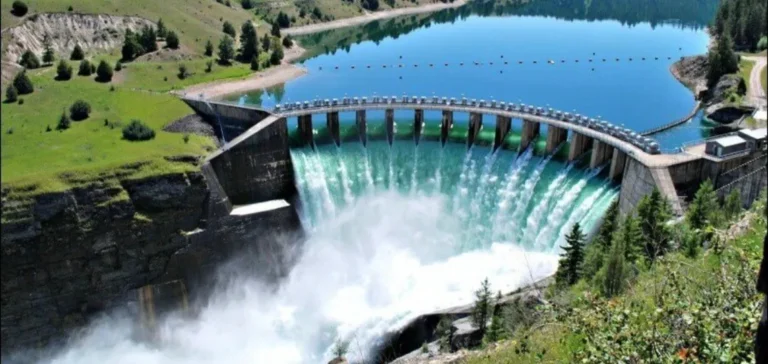The Gabonese government has formalised a partnership with Todini Costruzioni Generali S.p.A for the construction of two hydropower dams as part of its 2025–2027 plan to strengthen national electricity generation capacity. The memorandum of understanding covers the sites of Booué and Tsengué-Lélédi, which are strategically located to improve connection to the national grid.
A total cost of $1.78 billion according to African estimates
According to the Programme for Infrastructure Development in Africa (PIDA), the total cost of the project could reach $1.78 billion (approximately XAF1,104 billion). This figure includes planning, technical and environmental studies, and connection infrastructure. At this stage, the authorities have not disclosed the expected capacity or a detailed implementation timeline.
A response to failures in the national power grid
Gabon has experienced frequent power outages in recent months, affecting both urban and rural areas. To address immediate needs, the government deployed temporary measures, including a floating power plant operated by Karpowership with a 70 MW capacity, and the import of 10 MW from Equatorial Guinea.
Towards reduced dependence on thermal power stations
The Booué and Tsengué-Lélédi facilities would join five existing dams – Kinguélé, Tchimbélé, Poubara, Bongolo, and Médouneu – which currently provide around 40% of national output, according to the Société d’Énergie et d’Eau du Gabon (SEEG). The Ministry of Energy aims to gradually reduce reliance on thermal plants, which are vulnerable to fluctuations in oil markets.
Next steps include detailed feasibility studies covering technical, environmental, and economic aspects. The government plans to await the results before making any investment decisions, considering a mixed financing structure combining public funds and private partnerships.






















